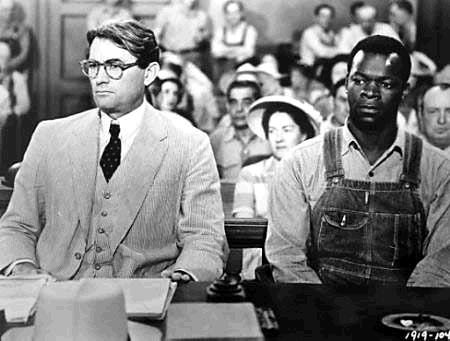The color black
is made through a combination of all primary colors. It is often believed to represent authority
and power. Black is an appropriate color
for judicial robes because judges wield considerable power, and their judgments,
much like the color itself, are made through a combination of all factors. A judge’s ability to remain impartial through
the course of criminal litigation became the center of the Aaron Hernandez
case.
NFL star Aaron
Hernandez is charged with one count of first-degree murder and five counts of weapon
possession. These charges stem from the
June 17, 2013 killing of Odin Lloyd. Sports Court Media, a trusted provider of sport and legal analysis founded by Tamara Holder and Linda Baden, reported that on his last court
appearance, prosecutor William McCauley demanded that Bristol County Superior
Court Judge, Susan Garsh recuse herself from the case. McCauley cites a long antagonistic history
with Judge Garsh as the basis for his request for recusal. He believes that Judge Garsh would be
unfriendly to the prosecution’s case. Judge
Garsh’s recusal would have brought the trial and all pretrial matters under the
control of a different judge. However,
Judge Garsh stated that she harbored no ill will or bias, and was not partial
towards the Commonwealth or defendant. This
case presents an opportunity to explore the rules and guidelines for judicial recusal, and the options available to the prosecution when a request for recusal
is denied.
 It is the Cops' jobs to protect the public; one way to do that is through legitimate traffic stops. But what about when a police officer abuses his power? How far can a cop go during the traffic stop? And, what can you do to stop him?
It is the Cops' jobs to protect the public; one way to do that is through legitimate traffic stops. But what about when a police officer abuses his power? How far can a cop go during the traffic stop? And, what can you do to stop him?




